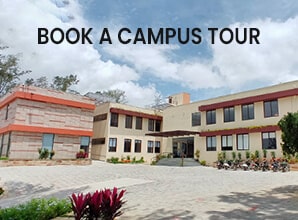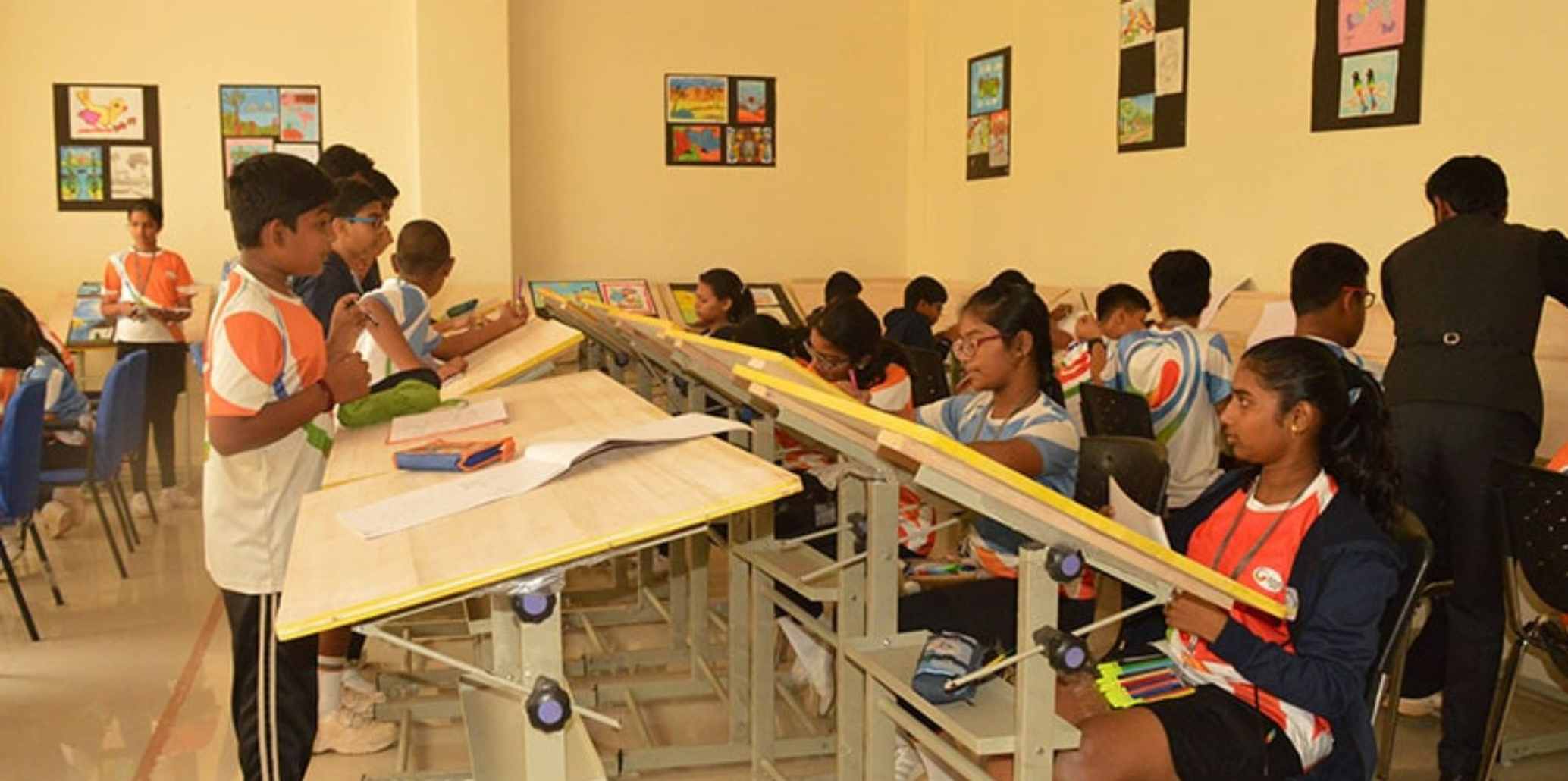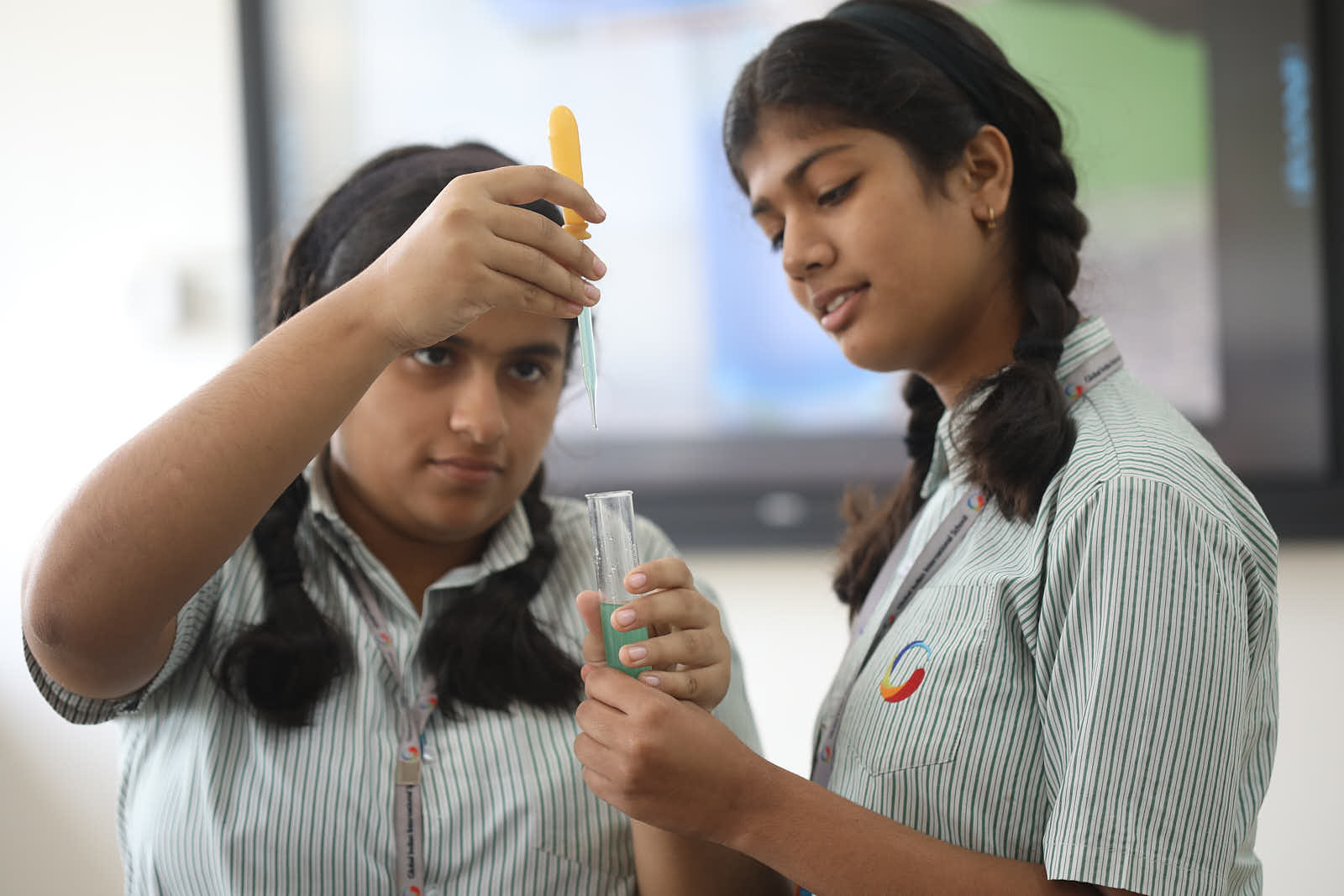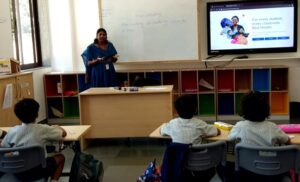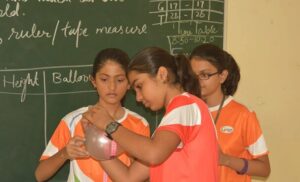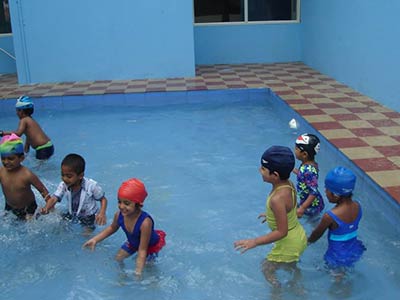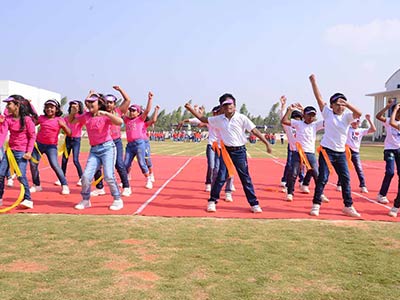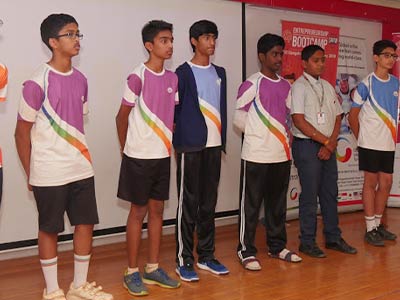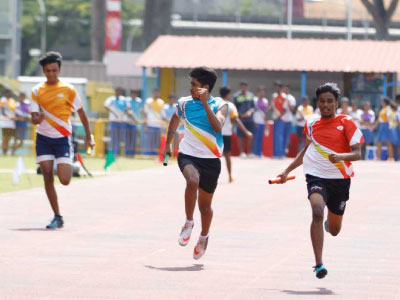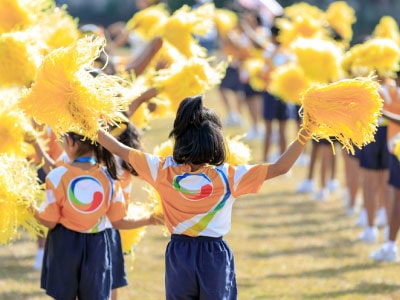Download our FREE Academic Calendar now! 📚 Start your child’s journey to success.
Education is the birthright of every child. Irrespective of their race, community, gender, and capabilities, every child must be allowed to step into an educational institution to learn along with other children and, thus, feel welcomed.
The foundation of Inclusive Education rests on the principle that when all children, irrespective of their differences, are educated, every child benefits.
What is the Purpose of Inclusive Education?
Inclusive education aims at educating children with learning disabilities along with other children in the same classroom.
It attends to the varied needs of every child by reducing the barriers within schools in Bangalore, India. It aims at strengthening the Indian Education System so that it reaches every child and provides them opportunities for academic and social achievement.
Inclusive education believes that all children, regardless of the nature of their disability, should be educated in general schools alongside non-disabled children.
And, that, with the right kind of support and care, children with disabilities can be as capable as those without disabilities.
Need and Importance of Inclusive Education
Inclusive education for students with disabilities is important as it provides a better quality of education to children with special needs. Segregating children because of their disabilities or backgrounds creates discrimination against those who are traditionally marginalized.
But, including every child, regardless of their disability, creates respect, understanding, and compassion as children from varied backgrounds and disabilities learn, play, and interact together. Inclusion, thus, leads to better civic participation, employment, and community life for all.
Features of Inclusive Education
The important features of Inclusive Education are:
1. Welcoming every child into regular classes.
2. Providing support and care to every child and teacher and ensuring every child’s participation in the day-to-day school activities.
3. Focusing on what a child is capable of rather than focusing on their disabilities.
4. Creating different educational plans for children based on their abilities.
5. Providing the right vocational services to children with disabilities and helping them choose careers best suited to them.
6. Helping teachers identify the strengths and weaknesses of children and assist those who need help.
7. Encouraging children with disabilities to take up leadership roles and responsibilities and help them become confident, independent, and self-reliant.
8. Encouraging and helping the parents to become more involved in their children’s education.
9. Sensitizing the abled students about the needs and difficulties faced by their disabled friends, and teaching them to be grateful for what they have been blessed with. This helps children develop maturity and sensitivity and a different perspective of the world around them.
10. Training teachers to develop a different set of skills, which will help them understand the needs of the differently-abled children in their classrooms.
11. And, most importantly, creating social acceptance and awareness about inclusive education. This helps remove the stigma attached to disability and encourages parents to send their disabled children to regular schools.
Also Read: Why is Project Based Learning Important?
Advantages of Inclusive Education
The following are some advantages of inclusive education:
1. Inclusive education helps every child fulfil their educational needs. It helps students with special needs gain a plan tailored to their specific needs. This helps them learn as per their capabilities in the best possible way.
2. Disabled students often suffer from low self-esteem issues. Due to their differences and their disabilities, they feel they lack in things that their non-disabled peers have been blessed with.
Special education and inclusive education help disabled students gain the confidence to develop their leadership skills and reach their maximum potential. This helps them develop their unique personalities and get incorporated into the workforce.
3. Inclusive education helps special-needs students understand the real world. It helps them become aware of those with unique physical and social skills and appreciate the diversity.
4. Inclusive education helps remove the stigma attached to disabilities. It helps the abled children to understand the needs of the disabled students amidst them, and become more sensitive towards them and their feelings.
It thus helps remove the negativity surrounding disability and disabled children.
5. Inclusive education, as a concept, when ingrained in every child’s mind from a young age helps them become more accepting of the differences between themselves and their peers. It helps them encourage their disabled peers to develop and participate in various public programs.
Disadvantages of Inclusive Education
Inclusive education also has its disadvantages if the program is not implemented the right way.
1. Inadequate Resources
The lack of proper resources could lead to the failure of inclusive classrooms. Especially, due to lack of individualization, every child would receive the same approach to education and not something that caters to their different identities.
2. Behavior Issues
Students with disabilities are at risk of getting bullied as any type of disability is viewed as a sign of weakness. It also increases the chances of disabled students indulging in inappropriate behaviour as they wish to feel normal like their peers or hide their disabilities.
3. The Requirement of Special Classrooms Arrangement for Certain Disabilities
Some disabilities require special attention and a more inclusive accommodation. Students who require such special attention might not be able to keep up with their peers. They might feel left out, or might not be able to catch up with their classmates, which could lead to stress.
Conclusion
Inclusive education is about giving children, regardless of gender, community, capability, or disability, the chance to learn together. It means giving every child the right to education, to experience classroom activities, and to interact with other children and teachers in regular schools.
It helps children learn that they are accepted and appreciated despite their differences. It also instils in them the confidence that they, too, can make a difference in society.
Inclusive education, thus, helps remove the stigma surrounding disability and sensitizes others about the needs of special students. Implementing this principle needs careful planning, creativity, and the right resources to make it a success.
But it goes a long way in teaching children the importance of looking beyond individual differences and being prepared for life in society as adults.

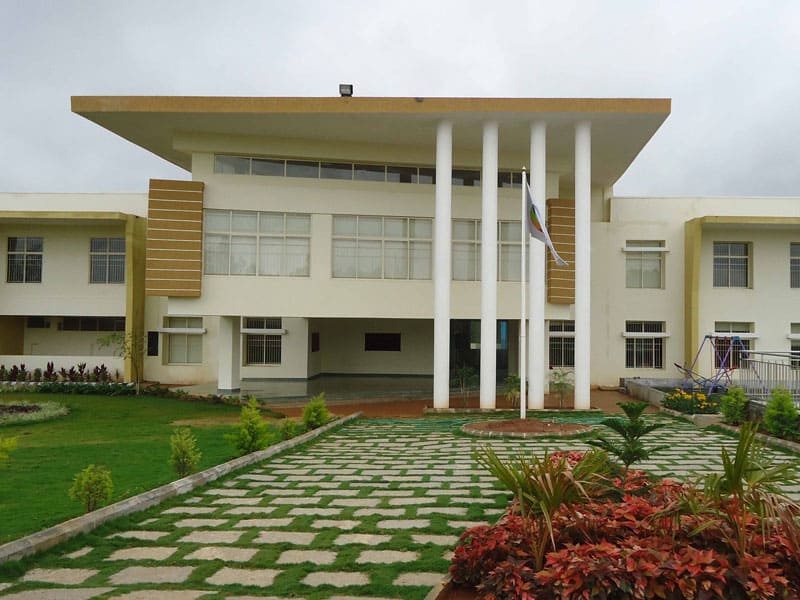
 Bannerghatta Campus
Bannerghatta Campus